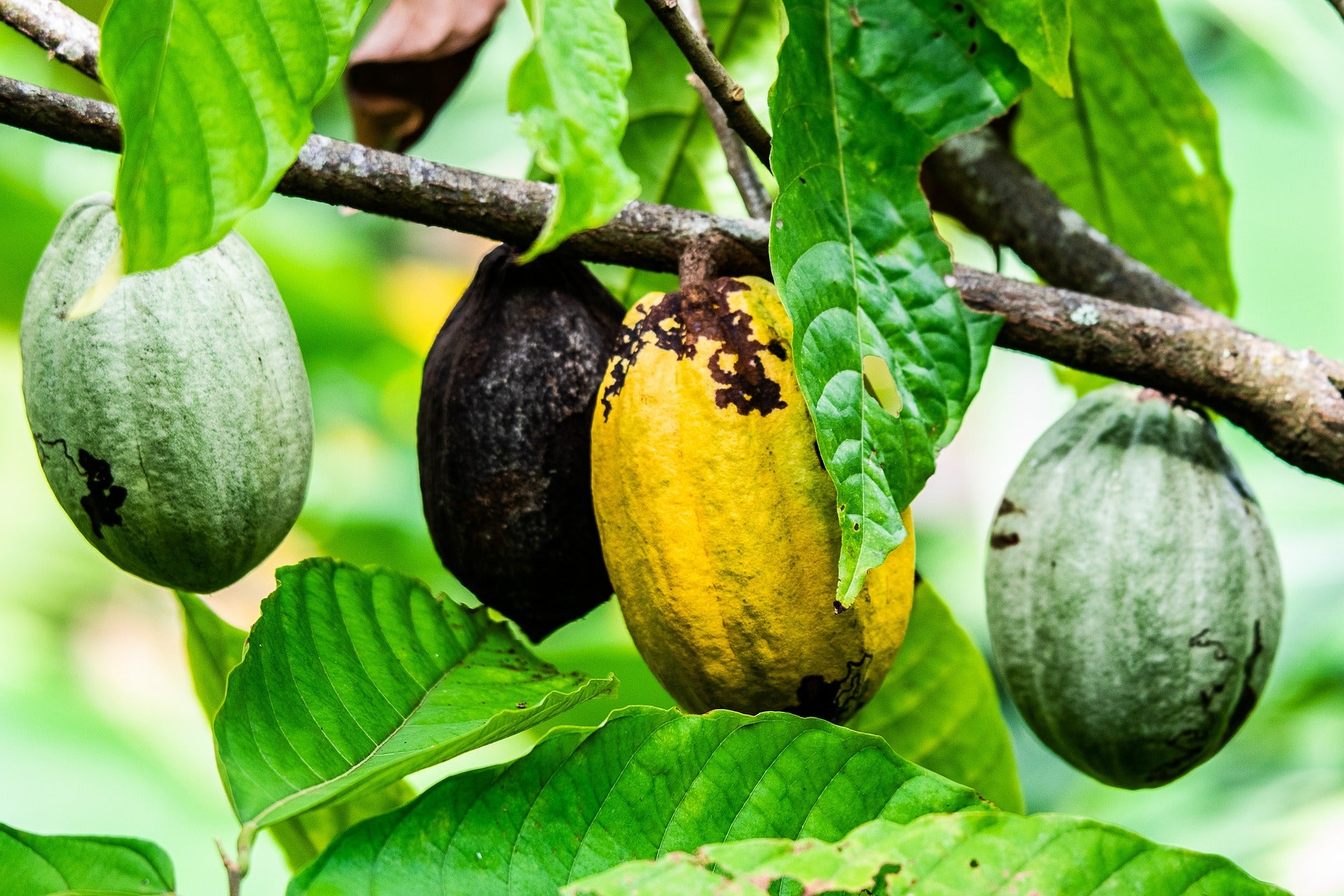
Nestlé, Mars and Ferrero are among the chocolate companies described as “inadequate” by the Ethical Consumer organisation when it comes to responsibly sourcing cocoa.
Chocolate producers Mondelez International and Lindt & Sprüngli are also assigned the same designation in a report by the self-proclaimed “alternative consumer organisation”, which looked into issues such as the price paid to cocoa farmers and suggestions of child labour on plantations.
Brands made by those companies in the chocolate sphere are “ones to avoid”, the UK-based body said, listing 11 manufacturers in the “inadequate” category.
Fifteen, meanwhile, were labelled as “adequate” in terms of cocoa sourcing, including Tony’s Chocolonely, Moo Free and ’57 Chocolate.
“Child labour, poorly paid farmers, and unjust global distribution of profits are key ingredients in the global chocolate industry,” according to the Ethical Consumer report.
“The majority of the world’s cocoa is grown by small farmers in West Africa, where it’s the source of livelihood for millions of people. But cocoa farmers receive barely any of the chocolate industry’s $100bn revenue: estimates range between 6% and 11%.”
Access the most comprehensive Company Profiles
on the market, powered by GlobalData. Save hours of research. Gain competitive edge.

Company Profile – free
sample
Your download email will arrive shortly
We are confident about the
unique
quality of our Company Profiles. However, we want you to make the most
beneficial
decision for your business, so we offer a free sample that you can download by
submitting the below form
By GlobalData
Ethical Consumer said the Fairtrade International and Rainforest Alliance organisations “are the only large-scale cocoa certifiers that guarantee a premium”.
Nestlé responded via a spokesperson, who said: “We believe that Ethical Consumer’s assessment of our approach does not reflect the comprehensive detail we provided about our work and therefore does not represent the extent of our efforts to sustainability source cocoa for our products.
“At Nestlé, we have pioneered industry-leading projects and initiatives to further improve the sustainable sourcing of cocoa for our products and to help improve farmers’ livelihoods.”
Ethical Consumer gave what the body classed as “typical costs” to produce a £1 ($1.26) bar of chocolate, with 11 pence going to the cocoa farmer for cultivation and tax payments: “the only money that stays in the cocoa-growing country,” Ethical Consumer’s report claimed.
The organisation suggested 48p goes on manufacturing and distribution, 29p to the retailer and 12p on local taxes.
“Low income is the root cause of cocoa issues like child labour and deforestation, the report said, adding some of the corporate sustainability schemes only cover a “proportion of the company’s cocoa suppliers, as opposed to 100%, meaning some farmers get the benefits but others get none”.
Ethical Consumer suggested “big chocolate brands are dragging their feet” when it comes to improving conditions for cocoa farmers.
An adequate cocoa sourcing policy was classified for producers where 100% of the ingredient is certified by Fairtrade or the Rainforest Alliance and including a premium payment rate.
Nestlé “only uses Rainforest Alliance cocoa in the UK and Ireland but worldwide only 50% [is] certified through this,” the report noted.
For Ferrero, Ethical Consumer said: “Some Fairtrade and Rainforest Alliance cocoa but also uses other less effective schemes”, while both Mars and Lindt were accused of “appears to use significant amounts of uncertified cocoa”.
The Ferrero Rocher maker, Mondelez and Lindt have yet to provide a reaction to the report to Just Food. However, Ferrero and Lindt said they would respond accordingly.
Mars said in its defence: “Our ambition is that 100% of our cocoa is responsibly sourced globally and is traceable (from the farmer to the first point of purchase) by 2025.
“We’re taking concrete action to make a difference in cocoa growing communities because we know that actions speak louder than words, which is why we launched our Cocoa for Generations strategy in 2018 – a farmer-first initiative, backed by a billion-dollar investment over ten years, that addresses farmer income and welfare in a multifaceted way because it is proven that pricing alone isn’t the answer.”
Ethical Consumer suggested Mondelez’s “own-brand cocoa certification scheme has been heavily criticised and only 80% of its chocolate is sourced through that scheme”.
The report claimed “up to nine out of ten Ghanaian and Côte d’Ivoire cocoa farmers don’t earn a living income, and the net income of cocoa farmers continues to fall”.
In its response, Nestlé highlighted the 2009 Nestlé Cocoa Plan and its income accelerator programme launched in 2022: “While we continue paying a premium to cocoa producers for the certified cocoa we buy, the programme goes further and rewards farmers and their families for practices that benefit the environment and local communities,” the company added.
Ethical Consumer also highlighted the risk to deforestation: “Cocoa trees need at least three years to become productive and while they typically have an economic life of 30 to 40 years, yields start to decline after about 15 years.
“This means that just to maintain production farmers may find themselves embroiled in cycles of deforestation to boost short-term yields.”
The report suggested four in ten cocoa-growing farms in the Côte d’Ivoire use child labour, rising to six in ten in Ghana.
However, the report acknowledged the Côte d’Ivoire government has taken measures to reduce child labour although it said the “issues are far from being resolved”.

